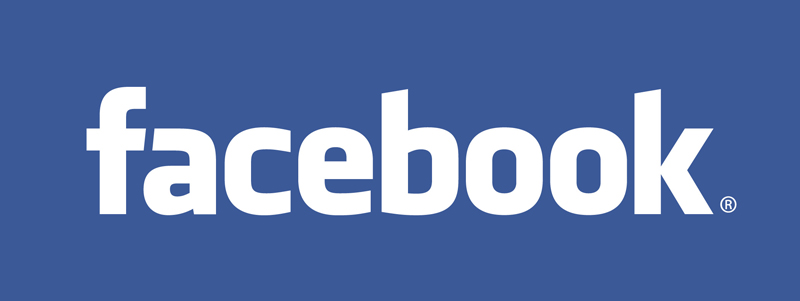Edge Providers: Applying Radio, TV Disclaimers Online Probably Illegal

The smarter way to stay on top of broadcasting and cable industry. Sign up below
You are now subscribed
Your newsletter sign-up was successful
Edge providers are telling the Federal Election Commission that applying the same type of political ad disclaimers required of TV and radio ads is not only impractical and unwise, but probably also illegal.
The FEC has proposed modifying its political ad disclaimer regime in a couple of ways, and sought comment on them.

Variation A, the one the Internet Association says is probably illegal, has been backed by Democrats and some civil rights groups. It would apply the full disclaimer requirements that apply to radio and TV political ads to internet ads with audio or video components and current print disclaimers to the graphics and text in internet ads. Finally, it would include a provision for some smaller 'net communications--like banner ads--to satisfy the disclosure requirement via an "adapted disclaimer." Such "adapted disclaimers" could include "a abbreviated disclaimer on the face of the communication in conjunction with a technological mechanism that leads to a full disclaimer."
IA is for the adapted disclaimer, but suggests in comments to the FEC this week that such flexibility should apply to the rule revamp in general. Its members include Facebook, Amazon, Netflix and Google.
"The FEC should develop rules that encourage innovation, not rules that limit or restrict new technology. Moreover, the rules should be simple to implement and not require political speakers to seek frequent advisory opinions from the Commission," the association says.

IA does not support setting rules for the size of disclaimers and said the rules should allow alternatives to access disclaimers, like click-through boxes, rather than requiring them to be in the body of the video, which some people may not finish watching.
As to the legality of imposing the radio and TV rules on the internet, IA said U.S. law has "specific disclaimer requirements when a communication is 'transmitted through radio' or 'transmitted through television.' The internet is neither of these media. Furthermore, many of the disclaimer requirements for television and radio ads stem from Sections 315 and 317 of the Communications Act of 1934, as amended. Therefore, the Commission does not have the statutory authority to impose the television and radio disclaimers on internet communications. Thus, Alternative A would exceed the Commission’s authority and likely be found to be arbitrary and capricious."
The smarter way to stay on top of broadcasting and cable industry. Sign up below
But IA signaled it recognized there was a need for better rules given the attacks on the U.S. elections.
The FEC docket was reopened in the wake of revelations that Russia bought ads on social media powerhouses--Facebook, Twitter--to try and effect the 2016 presidential election.

Related: Facebook Boosts Political Ad Disclosures
Choice B, favored by Republicans, would treat internet communications differently from traditional media. It would require disclaimers to be clear and conspicuous and have the same general content requirements, but without the requirements that apply to TV, radio and print. It would require radio and TV political ads distributed over the internet simply to meet general disclaimer requirements that apply to all public communications requiring disclaimers, rather than the disclosures that apply when they are broadcast.
Related: Honest Ads Bill Creates Online Political Ad Public File
The FEC's other proposed approach, option B, is based on the premise that the internet is a unique medium with unique challenges, thus the general requirement without the "stand by this ad' requirement of TV and radio ads. It would also allow some paid internet ads to satisfy the requirements using an adapted disclaimer depending on space or time constraints, and even a waiver for an ad that could not provide a disclaimer "even through a technological mechanism."

IA did not say it backed B (though it did not suggest it was illegal), but said that it liked and disliked elements of both A and B. But it was clearly on the same page when it came to B's treatment of the internet as a different medium that needed a different approach.
Contributing editor John Eggerton has been an editor and/or writer on media regulation, legislation and policy for over four decades, including covering the FCC, FTC, Congress, the major media trade associations, and the federal courts. In addition to Multichannel News and Broadcasting + Cable, his work has appeared in Radio World, TV Technology, TV Fax, This Week in Consumer Electronics, Variety and the Encyclopedia Britannica.

